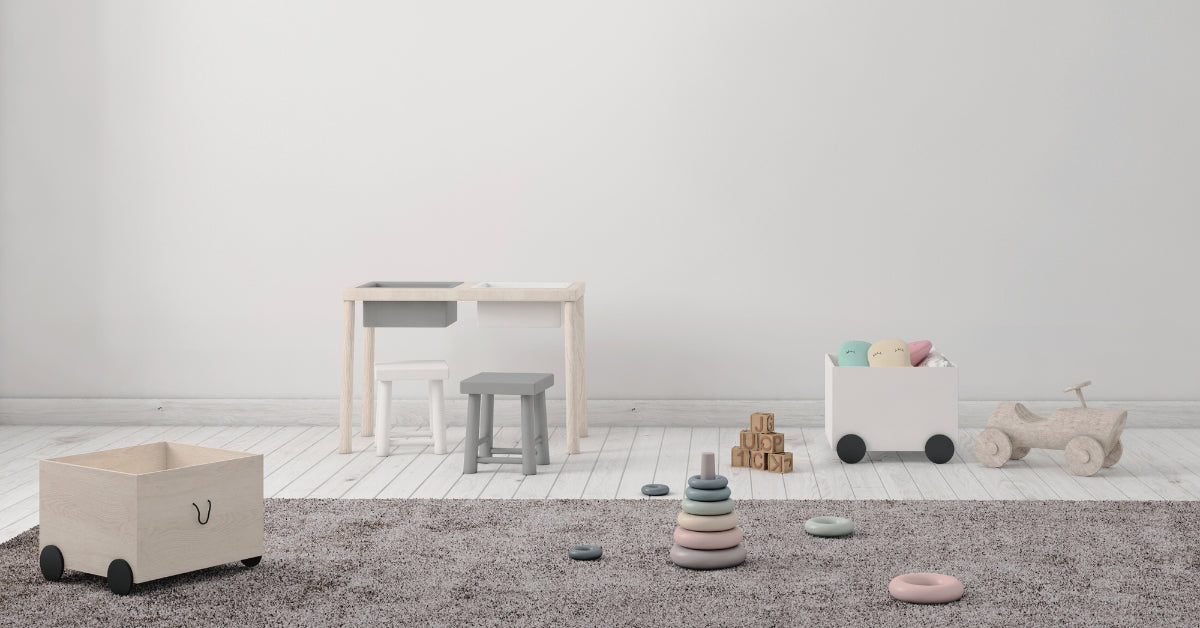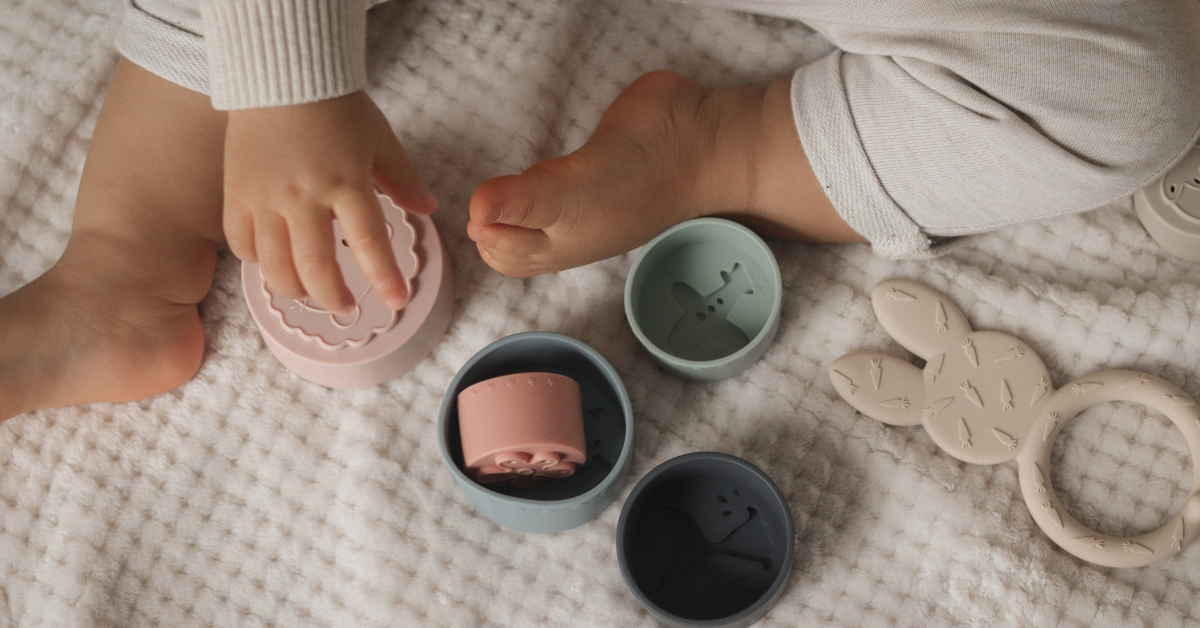
Is Minimalism Good for Babies and Toddlers?
Trends aren't always a parent's best friend, but one trend has made a big impact on the baby industry: minimalism. Those clean, clutter-free homes we see all over Instagram and Pinterest are so beautiful, we almost forget about the dishes piled up in the sink! But is minimalism really good for our little ones?
What is minimalism?
Minimalism is the art of living with less. This can apply to all aspects of our lives, including parenting. Practicing minimalism can be a breath of fresh air for young children. It helps them focus on one thing at a time, instead of being overwhelmed by a bunch of toys and things to do. Plus, having fewer things can really relieve stress for parents!
Besides, our little cherubs don't need everything that advertising sells us to be happy and healthy. Let's take a closer look at minimalism and see how to apply it at home.
The Benefits of Minimalism for Babies and Toddlers
When practiced thoughtfully, minimalism opens up a vast field of opportunities for our little ones to grow and develop at their own pace. With parents freed from the stress of clutter, little ones can feel more comfortable in their surroundings.
Note that minimalism can be practiced to varying degrees. Maybe you're very minimalist when it comes to furniture and decor, but a little less so when it comes to kitchenware. Or, you've chosen to be moderately minimalist to save money for your family vacation, meaning you have a few extras, but not too many gadgets.
We're not talking about extreme minimalism where you live in an empty studio. So, let's take a closer look at the benefits it can bring to our little ones.
Less overload and better concentration
Our little explorers are like sponges and can easily be overwhelmed by too much stimuli. By focusing on a single activity, they can learn and practice better.
Dr. Maria Montessori, the creator of the Montessori method, noticed that children learn best by focusing on one sense at a time. So she designed simple sensory toys and activities to stimulate learning. Preparing the space before the children arrive also removes unnecessary clutter. With fewer toys and distractions, our little ones can focus on the ones they really have.
More creativity
Fewer toys also means more room for creativity! Imagination plays a crucial role in developing problem-solving and communication skills. With fewer choices, children become little inventors, navigating imaginary worlds where anything is possible!
Healthier habits
Minimalism can also encourage healthier habits. By focusing on experiences over material possessions, our children are more likely to play outside and move. They learn not to hold on to things and to value time spent together.
The Disadvantages of Minimalism for Our Little Ones
Of course, minimalism isn’t for everyone. Every family has its own tastes and needs. Some will love minimalistic tiny homes, while others will appreciate the latest gadgets. A common fear is having too few toys. After all, a child without toys is like a fish without water!
But don't panic: choose only toys that are appropriate for each stage of your child's development and pass them on to other families when they are no longer needed. You can also rotate toys to keep the excitement going! And if your little one starts to get bored too quickly, try adding a new element, such as a safe kitchen utensil to play with.
7 Minimalist Strategies for a Clutter-Free Living Space
Being a parent is a joy, but it can be overwhelming, especially with all those baby products! Here are some tips for approaching parenting in a minimalist way:
-
Focus on the essentials : Choose products that truly meet your baby's needs. Think of a comfortable bed, a car seat, a few sensory toys, and basic clothing. No need to break the bank!
-
Invest in quality products : It's better to have one good product than ten that break after two days. A quality baby carrier or a sturdy stroller is an investment that's worth it!
-
Opt for multifunctional products : A car seat that evolves with the child is ideal! Fewer products = less mess.
-
Borrow or buy second-hand : Many families have products in good condition that they no longer use. Don't hesitate to rummage through second-hand markets!
-
Avoid overstocking : Babies grow so fast! Focus on the essentials to avoid being overwhelmed by clothes that will never see the light of day.
-
Choose simple toys : Toys like wooden blocks or shape games stimulate creativity without cluttering the house.
-
Focus on experiences : Instead of spending on things, focus on outings and time spent together. A walk in the park, a family picnic, or even a game night at home all have great value.
In summary
Taking a minimalist approach to baby products can lighten your daily load and create a calming living space. By focusing on the essentials, investing in quality, and prioritizing experiences over objects, you'll provide your child with an environment that's conducive to their growth.




